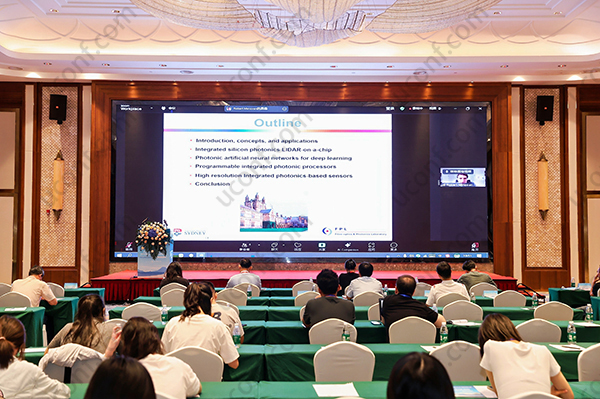

281 views||Release time: Jul 16, 2025
Attending international academic conferences is an excellent way to share your research, connect with global scholars, and learn about the latest trends in your field. However, it also involves various expenses that require careful planning. Understanding these costs in advance can help you create a realistic budget and avoid unexpected financial stress. Here’s a detailed breakdown of the main costs associated with international conferences.

Registration is usually the largest single expense. Fees vary widely depending on the conference’s reputation, location, and organizer. Major conferences organized by leading academic societies or universities can cost several hundred to over a thousand US dollars. Early bird discounts are often available, so registering early can help reduce costs.
If the conference is in another country, you’ll need to account for airfare or train tickets. Prices can fluctuate greatly based on the season, booking time, and travel distance. It’s wise to book flights well in advance to secure lower fares.
Hotel or university guest house accommodation is another significant expense. Costs depend on the city and the level of comfort you choose. Booking conference-recommended hotels often offers convenience and opportunities to network with other attendees, but they may also be more expensive.
Depending on your destination, you may need to apply for a visa. This can involve application fees, document preparation, and sometimes travel to a consulate for an interview. Check requirements early to avoid last-minute issues.
Once at your destination, you’ll need to budget for local transport, such as taxis, buses, or subway tickets between the airport, hotel, and conference venue.
While some conferences include meals or provide vouchers for certain events, you’ll often need to cover breakfast, dinners, or meals outside the conference program. Additionally, plan for incidental expenses such as snacks, coffee, or small purchases.
If you’re presenting, you may need to print posters or prepare specific presentation materials. Although relatively small, these costs should still be included in your budget.
Travel insurance, medical insurance, or conference-specific coverage is strongly recommended when attending international events. These help protect you in case of unexpected situations, such as medical emergencies or travel delays.
Start early: Prepare a budget spreadsheet as soon as you decide to attend a conference.
Seek funding: Apply for travel grants, university support, or research project funds to cover part of the costs.
Book in advance: Register and book travel and accommodation early to take advantage of lower rates.
Use trusted platforms: Select conferences through reliable platforms like iconf.com to ensure that the event is legitimate and worth your investment.
Platforms like iconf.com provide verified, high-quality conference listings with clear information on fees, registration deadlines, and other practical details. By using iconf.com, you can confidently choose events that match your academic goals and budget.
Attending international academic conferences is a valuable investment in your academic career, but it requires thoughtful financial planning. Understanding the full range of costs helps you make informed decisions and focus on maximizing the benefits of each event. With tools like iconf.com, you can find the right conferences, prepare your budget effectively, and advance your research journey with confidence.